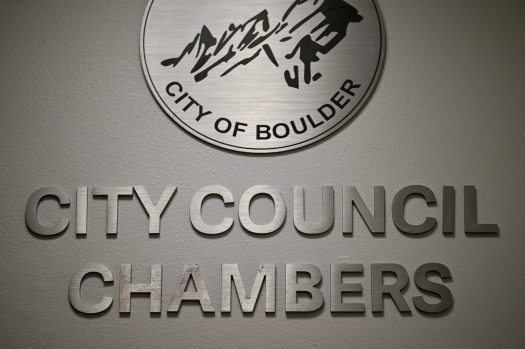UPDATE: The Boulder City Council has just passed a two-year ban on the use of gray water, a decision that impacts residents hoping to recycle water for irrigation. This ordinance, confirmed last week, aligns with a 2024 state law allowing gray water systems in new constructions, set to take effect next year.
Gray water, collected from sinks, showers, and appliances, is seen as a vital resource for water conservation. However, city officials have indicated that adopting gray water systems requires stringent regulations and a comprehensive permitting process. Under the newly enacted ban, no gray water usage will be permitted through the city’s water utility for the next two years, leading to concerns among conservationists and residents alike.
City staff recognized gray water’s potential for reducing fresh water demand, especially for irrigation. Nonetheless, the decision to impose a temporary ban aims to ensure compliance with state regulations, which necessitate detailed inspections, backflow prevention surveys, and a robust database of approved systems.
A notable example of gray water recycling is the laundry-to-landscape system, which connects washing machines directly to irrigation systems. Implementing such systems city-wide could take a minimum of two years, requiring the hiring of two full-time staff to manage the processes.
Despite the council’s intentions, Mark McIntyre, Chair of the Planning Board, criticized the ordinance. He stated, “The current draft ordinance is too broad and blunt in its prohibitions… Redrafting with more clarity should come only after engaging a broad range of stakeholders and water users.” His remarks highlight the urgency for a more nuanced approach to gray water use, emphasizing the community’s desire for sustainable solutions.
The city’s 2023 water efficiency plan has drawn scrutiny for inadequate public engagement, with many stakeholders calling for more transparent discussions regarding gray water policies. This latest decision has sparked a heated debate over sustainability and resource management in Boulder, as residents grapple with the implications of the ban.
As Boulder moves forward, all eyes will be on the council’s next steps. Residents and conservationists alike are keenly awaiting further developments in the city’s water management strategies. The coming months will be critical as city officials work to align with state mandates while addressing community concerns.
Stay tuned for updates on this evolving situation, as Boulder navigates the complexities of implementing gray water systems and balancing sustainability with regulatory compliance.







